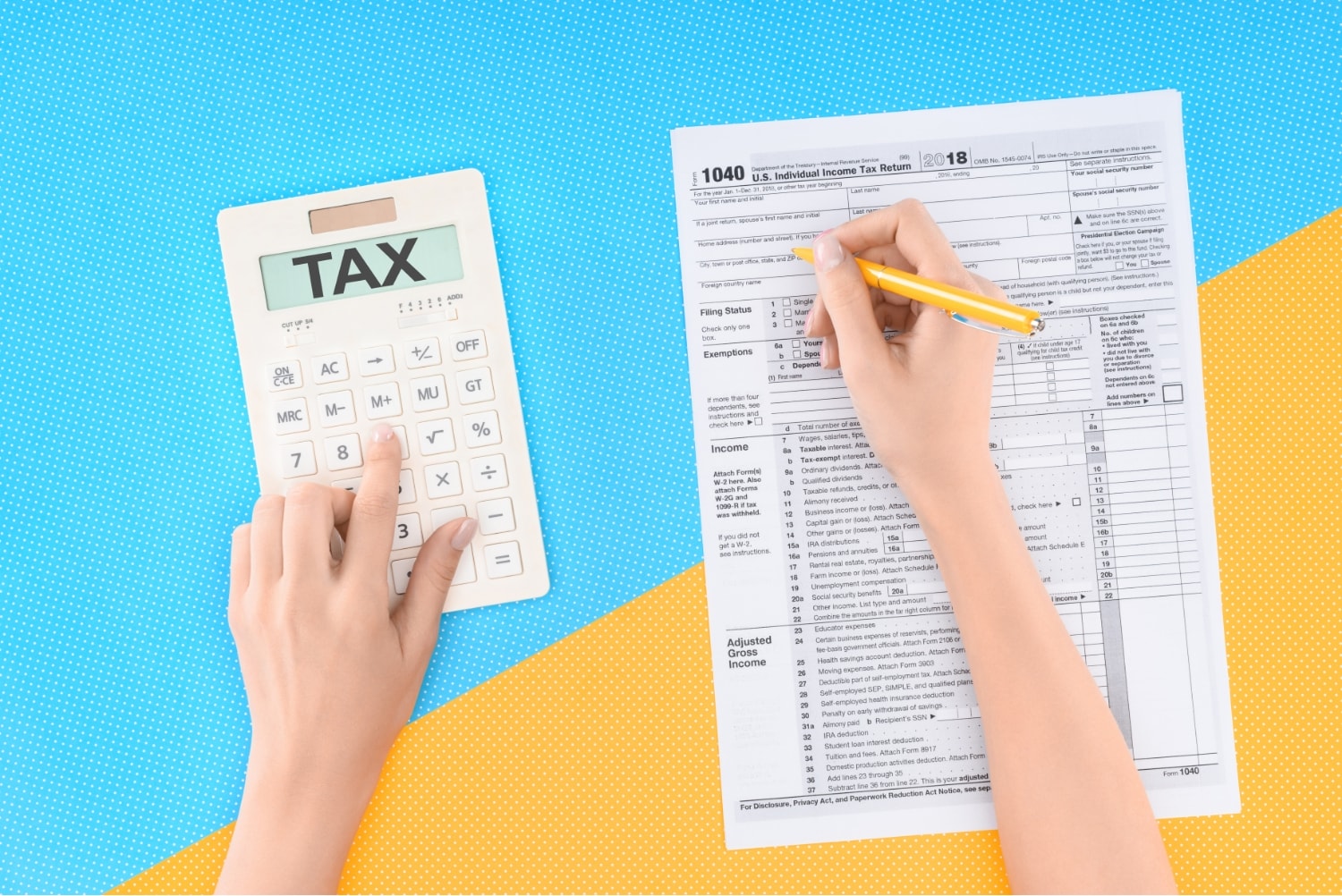Tax Preparation
Ongoing tax support to help you meet your goals, big and small.
- The South African Revenue Service (SARS) has strict tax laws, and non-compliance can lead to penalties, audits, or legal issues.
- A tax advisor ensures you meet all legal requirements, including PAYE, VAT, income tax, and provisional tax.
Packages are aligned to tax complexity
Get expert advice on making smart tax decisions
Small Business
Small businesses need to understand their tax obligations, including deductions, credits, and filing deadlines, to ensure compliance and maximize savings.
Large Corporate
Large corporate businesses in South Africa must comply with corporate income tax regulations, VAT, PAYE, and other statutory obligations while strategically managing tax planning, transfer pricing, and compliance with SARS requirements to optimize their tax efficiency.
Tax Audits
Conducting regular tax audits is crucial for ensuring compliance with SARS regulations, identifying potential discrepancies, and avoiding costly penalties or legal consequences.
This service is perfect for
Pricing & Details
Pricing
Packages start at hourly rate per consultation
Frequency
Ongoing, including quarterly estimates and annual filing
What you get
- A dedicated tax advisor
- A personalized tax optimization
- Quarterly estimates
- Filing
Anyone South African
In South Africa, individuals and businesses that need a tax expert include high-income earners, entrepreneurs, small business owners, corporations, freelancers, and anyone dealing with complex tax matters such as VAT, PAYE, capital gains tax, or SARS audits.


Anyone whose income is not subject to withholding by an employer
Any Person who receives any form of income, must declare such to SARS
FAQ Question
Your questions, answered
01.
A tax practitioner is a qualified professional registered with SARS who provides tax-related services, including tax planning, compliance, filing tax returns, and advising individuals and businesses on tax obligations and regulations.
02.
A small business in South Africa may be required to pay the following taxes:
- Corporate Income Tax (CIT) – A standard rate of 27% for companies, but small businesses may qualify for Small Business Corporation (SBC) tax rates.
- Turnover Tax – A simplified tax system for micro businesses with annual turnover below R1 million.
- Value-Added Tax (VAT) – If annual turnover exceeds R1 million, VAT registration is mandatory (15% VAT rate). Voluntary registration is allowed for turnover above R50,000.
- Pay-As-You-Earn (PAYE) – If the business has employees, it must deduct and remit PAYE to SARS.
- Skills Development Levy (SDL) – Paid if total payroll exceeds R500,000 per year, at 1% of the payroll amount.
- Unemployment Insurance Fund (UIF) – A contribution of 1% from the employer and 1% from the employee’s salary.
- Dividends Tax – A 20% tax on dividends paid to shareholders.
- Provisional Tax – Advance payments of income tax made twice a year to SARS, applicable to businesses not subject to PAYE.
Tax obligations vary depending on the business structure and turnover.
03.
In South Africa, employers are responsible for the following payroll taxes:
- Pay-As-You-Earn (PAYE) – Employers must deduct and remit employees’ income tax to SARS based on tax tables.
- Unemployment Insurance Fund (UIF) – Employers contribute 1% of an employee’s remuneration, with an additional 1% deducted from the employee’s salary (total of 2%).
- Skills Development Levy (SDL) – Employers with a total payroll exceeding R500,000 per year must pay 1% of the total payroll to fund employee training and development.
- Employer’s Share of Compensation Fund (COIDA) – Employers must contribute to the Compensation Fund based on the industry risk classification to cover employees for work-related injuries and diseases.
These payroll taxes must be calculated and submitted to SARS and the relevant authorities monthly or annually, depending on the tax type.
04.
When you owe taxes to SARS in South Africa, the following may happen:
- Interest and Penalties – SARS charges interest on overdue taxes and may impose penalties for late payment or non-compliance.
- Final Demand Notice – If the tax debt remains unpaid, SARS will issue a final demand requiring immediate payment.
- Debt Collection Actions – SARS may take collection actions such as garnishing bank accounts, deducting from salaries, or seizing assets.
- Payment Arrangements – Taxpayers can apply for a deferred payment plan or a compromise agreement to settle the debt in installments.
- Legal Action – If the debt remains unpaid, SARS can initiate legal proceedings, which may result in business closure or liquidation.
It's advisable to engage with SARS early, seek professional tax advice, and arrange a payment plan if needed to avoid severe consequences.

